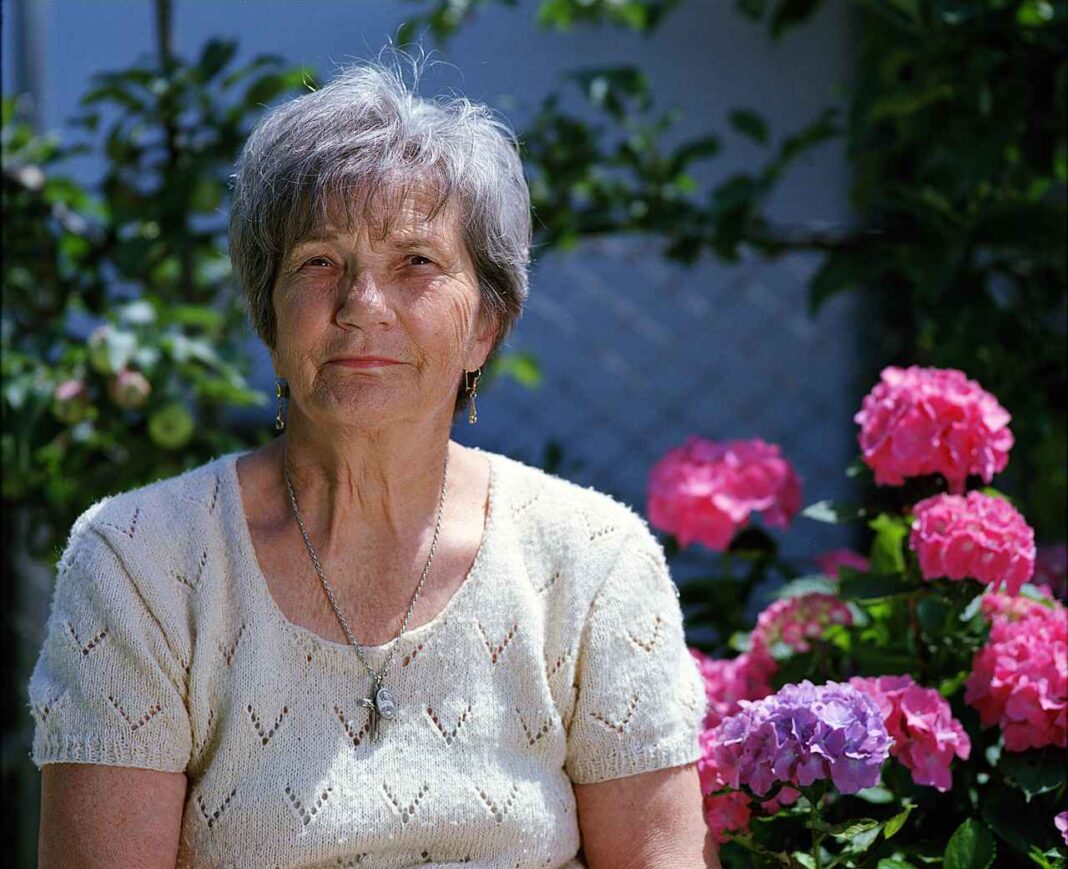Dave Scott, a dedicated reader, recently shared his experiences of caring for his elderly grandmother, who at 97 years old, moved into assisted living. Dave has been managing her investments for about 20 years while his father helped with other aspects of her life. However, her increasing needs and strained relations with her son prompted Dave to take on nearly all of her care responsibilities.
The transition wasn’t just about taking control; it was about ensuring her well-being and quality of life. Dave emphasizes that effectively managing a loved one’s life means overseeing everything from household supplies and insurance to healthcare and investment portfolios. He believes in setting up efficient processes to help manage these responsibilities more smoothly, making life easier for both him and his grandmother.
Financial management is crucial in this situation. Dave aims to balance his grandmother’s income and expenses to ensure she enjoys a healthy, active lifestyle without outliving her assets. He meticulously manages her investment portfolio, opting for conservative funds and ETFs to provide a steady income while minimizing risks.
One of the challenges in elder care is dealing with the rising costs of services like assisted living, which can quickly drain financial resources. Dave explores all avenues to reduce expenses, including reevaluating Medicare plans and minimizing unnecessary costs like phone bills and monetary gifts.
The decision to move his grandmother close to him also allowed Dave to better monitor her care and establish a strong rapport with the staff at her assisted living facility. He values the quality of care she receives, which is evident in his choice of a reputable facility known for its long-term staff and excellent service.
In reflecting on his role, Dave sees it as a valuable lesson in preparation for his own future and considers it a privilege to deepen his relationship with his grandmother. He views his efforts as a potential model for how grandchildren might increasingly become involved in caring for their elderly relatives, offering a fresh perspective and perhaps more flexibility in handling the sensitive dynamics of aging family members.











































